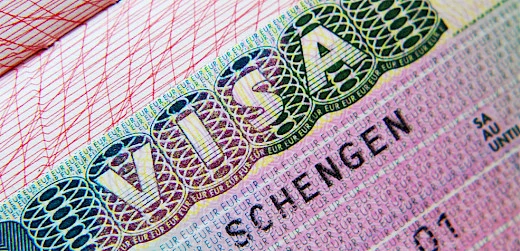The European Commission has proposed to increase the ETIAS fee for visa-free entries to Europe from €7 to €20 starting in 2026.

The European Commission has proposed a significant increase in the entry fee to the Schengen Area for citizens of visa-exempt countries. According to Euronews, citing a senior EU official, the ETIAS (European Travel Information and Authorisation System) fee is expected to rise from €7 to €20 — almost a threefold increase over the current rate.
The proposed measure aims to boost the EU budget through so-called “own resources” — revenues that go directly to the EU treasury without passing through national budgets. The fee increase is part of a broader plan to reform the EU's financing system for the 2028–2034 period under the new Multiannual Financial Framework (MFF). In the long term, it is expected to generate around €300 million in additional annual revenue.
The ETIAS system, scheduled to launch in the last quarter of 2026, will be mandatory for citizens of over 60 countries, including the USA, the UK, Canada, Brazil, and Australia, planning short-term stays in Europe (up to 90 days). Authorization will be required to enter 30 European countries — all EU member states (except Ireland), as well as Iceland, Norway, Liechtenstein, and Switzerland.
Currently, the ETIAS authorization costs €7, with exemptions for individuals under 18 and over 70. The new proposal to raise the fee has been submitted to the EU Council and the European Parliament for review. Unlike other own-resources initiatives, this change does not require unanimous approval from all EU countries, making its adoption and implementation significantly easier.
You may also be interested in:
- The Kamarés dam project in Larnaca is expected to resolve chronic flooding
- In Paphos, a car veered into a ravine, the driver sustained critical injuries
- Police in Cyprus detained five people and issued 216 citations during a nighttime operation
- Driver of a stolen vehicle detained in Nicosia
- Paphos is increasingly gridlocked: the transport situation is getting out of control


